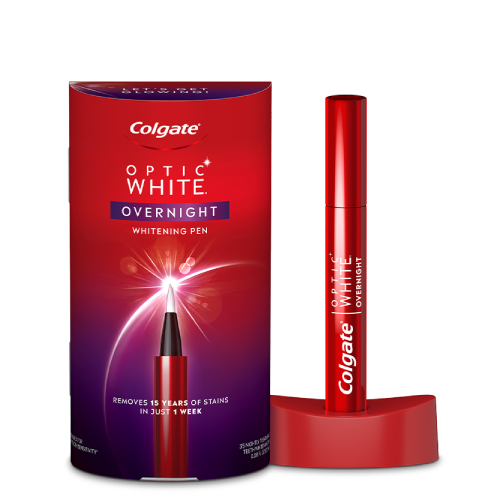Why Does Chewing Gum Make You Lose Weight?
Chewing gum may not help you burn existing weight, but it can be considered a tool for avoiding unnecessary calories. For some people, popping a piece of gum after a meal can signal that the meal is over—reducing the urge to reach for a snack. Midday and late-night snacking largely contribute to caloric intake, so chewing gum could potentially distract someone from choosing a sugary treat or unhealthy bag of chips between meals.
Does Chewing Gum Help With Food Cravings?
One of the primary claims surrounding chewing gum for weight loss is that it can help curb cravings for unhealthy snacks. A research study published in Frontiers in Psychology found that chewing gum may reduce impulsive eating in healthy-weight individuals. It's suggested that the stimulation from chewing can reduce appetite, so people may be less likely to experience binge eating during the day.
What Are the Benefits of Chewing Gum?
A piece of gum typically contains fewer than ten calories per piece, which won't add much to your daily calorie count. Aside from having minty-fresh breath, chewing gum can be a practical tool for controlling food cravings until you find a healthy snack. A study from the Journal of Physical Therapy Science found that chewing gum while walking may encourage individuals to walk faster and expend slightly more energy, helping to prevent age-related weight gain.
Chewing gum may provide oral health benefits as well. According to the American Dental Association, chewing sugar-free gum after a meal can increase saliva flow, which can wash away plaque biofilm and bacteria that cause caries and periodontal disease.

Overnight Whitening Pen
A teeth whitening pen with an enamel safe whitening serum formula designed for no tooth sensitivity.

What Are the Disadvantages of Chewing Gum?
There aren't any ingredients in gum that foster noticeable weight loss, but a balanced diet is a key to a healthy lifestyle. Chewing gum does not provide any nutritional value, so gum should never be considered an alternative to regular meals. Other drawbacks of chewing gum include:
- No evidence suggests that chewing gum provides long-term weight loss benefits.
- Chewing gum does not boost metabolism.
- Many types of gum contain high sugar content, which can lead to tooth decay.
If you feel that chewing gum can help control food cravings or keep you from impulsively snacking throughout the day, consider implementing planned meals or reach for healthy snacks instead. Weight loss trends come and go, but nothing can replace the known benefits of nutritious meals and regular exercise.
Oral Care Center articles are reviewed by an oral health medical professional. This information is for educational purposes only. This content is not intended to be a substitute for professional medical advice, diagnosis or treatment. Always seek the advice of your dentist, physician or other qualified healthcare provider.
ORAL HEALTH QUIZ
What's behind your smile?
Take our Oral Health assessment to get the most from your oral care routine
ORAL HEALTH QUIZ
What's behind your smile?
Take our Oral Health assessment to get the most from your oral care routine
Join Us
Get the best of your oral health routine and take it to the next level with expert advice, recommendations, products and solutions and special offers.
Join Us
Get the best of your oral health routine and take it to the next level with expert advice, recommendations, products and solutions and special offers.












.png)


